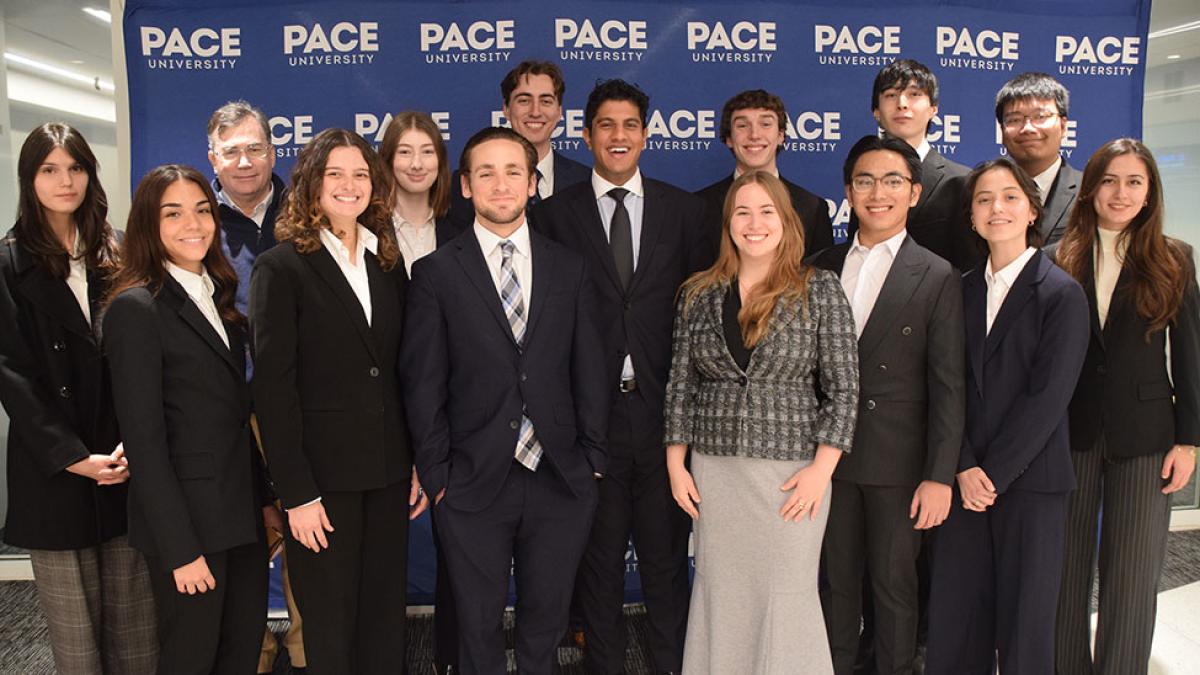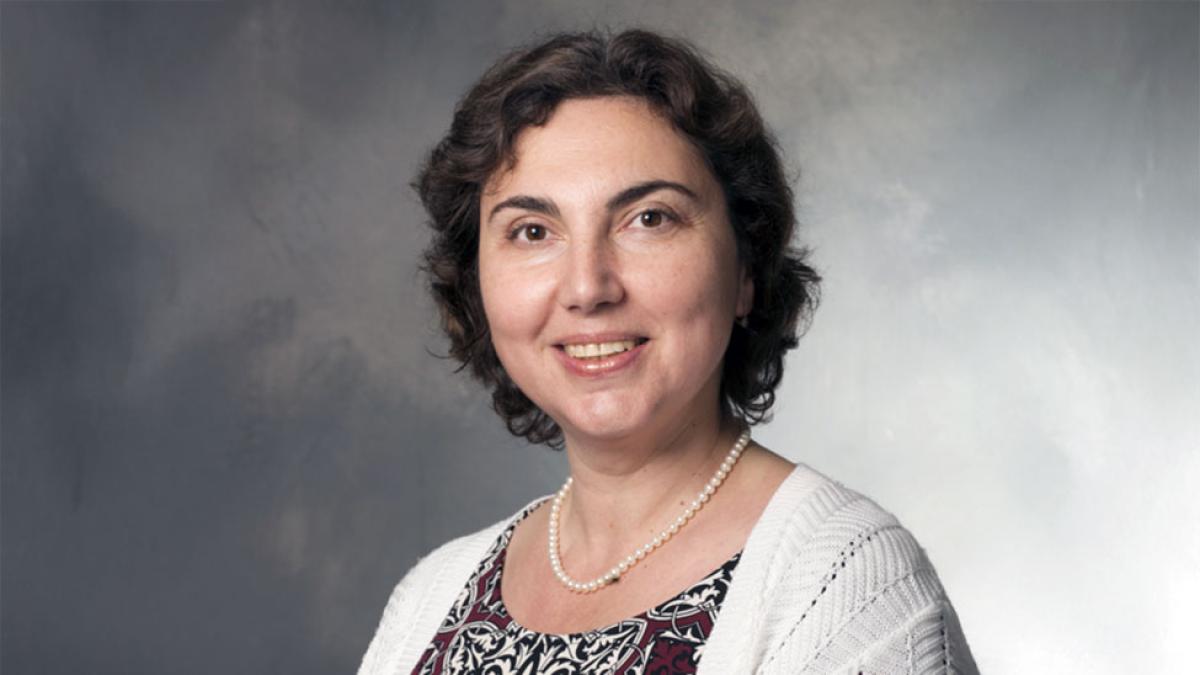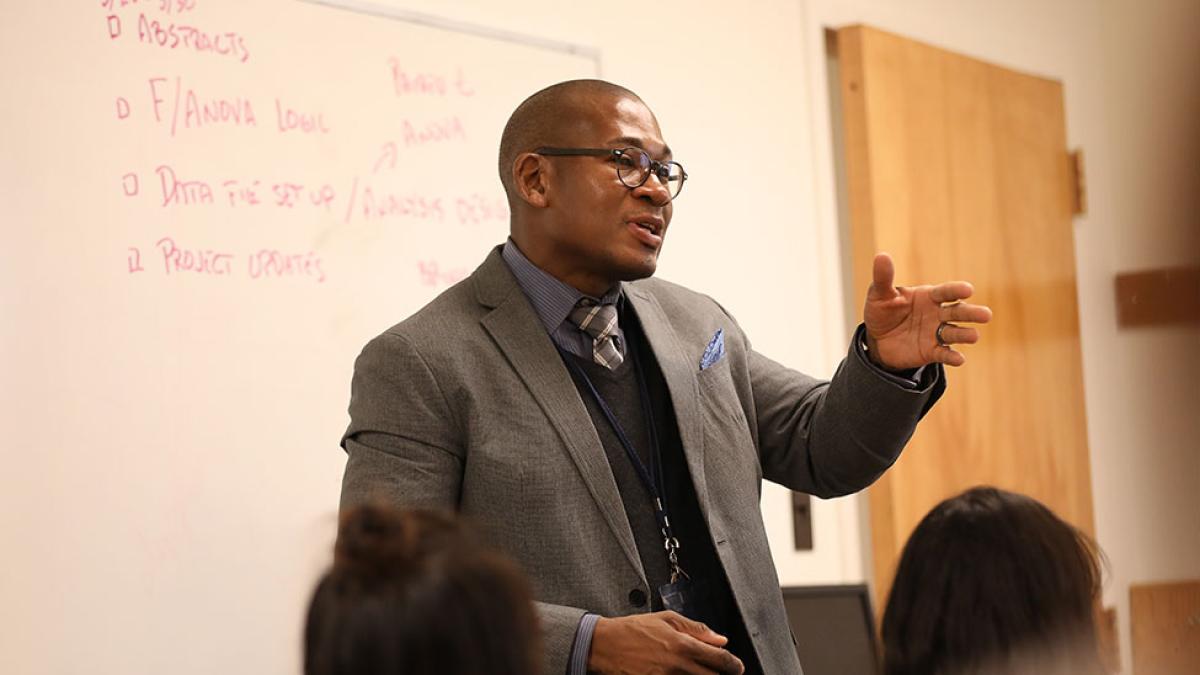Pace’s Federal Reserve Challenge Team has secured a record-breaking sixth national championship title. Team Captain Suraj Sharma ’26 opens up about the grind, the growth, and the meaning behind the historic win.
ESS Prof Discusses Recent New York Wildfires and the New Normal of Extreme Weather Conditions
Associate Professor of Environmental Studies and Science Matthew Aiello-Lammens, PhD, was quoted in a LoHud article on extreme weather conditions, and specifically, the recent wildfires in New York State, and whether these are expected to be annual occurrences or represent a rare coming together of atmospheric conditions.
Aiello-Lammens said, “The new normal isn’t necessarily droughts or floods. The new normal is really the unpredictability of extreme events. It’s hard to know whether you’re going to get a drought year versus a flood year. But with the way climate is changing, the thing that we are confident about is that the extremes are becoming more frequent. What we’re not confident about necessarily yet is how to predict these extremes.”
The article also addressed whether conditions in New York forests are similar to or different than those out West, an area of the country that is quite familiar with wildfires, with Aiello-Lammens adding that they don’t different dramatically.
“They’re all fire prone ecosystems,” he said. “Here, there are plenty of accelerants–scrub oak and pitch pine–that can spread fire quickly and they’re surrounded by dense forest of hardwood trees. It just happens to be that we see a fair amount of precipitation in the Northeast. So, when you have these periods of dry spells, you’re bound to get these fires. Warm, dry conditions are good for drying out the leaf material that’s dry and dead. And they’re good for moving fire once it gets going."
More from Pace
For Anna Shostya, PhD, economics is more than numbers—it’s a tool to inspire change, connect students to the world, and build life-long skills.
At Pace’s CUHER lab, Associate Professor of Psychology Christopher Godfrey, PhD, is rethinking healthcare by centering communication, trust, and patient voices—especially those from marginalized communities too often left unheard.


